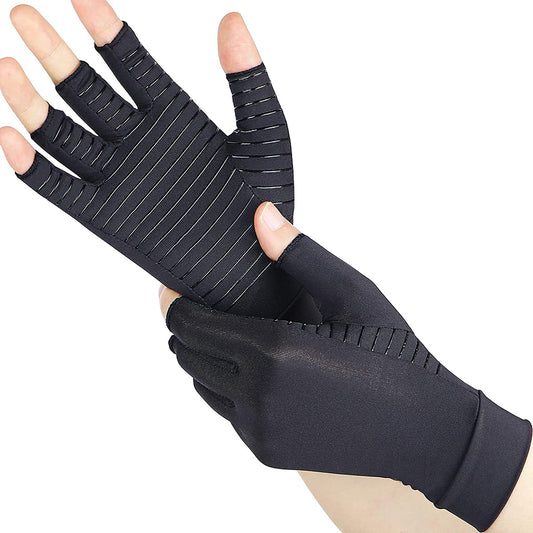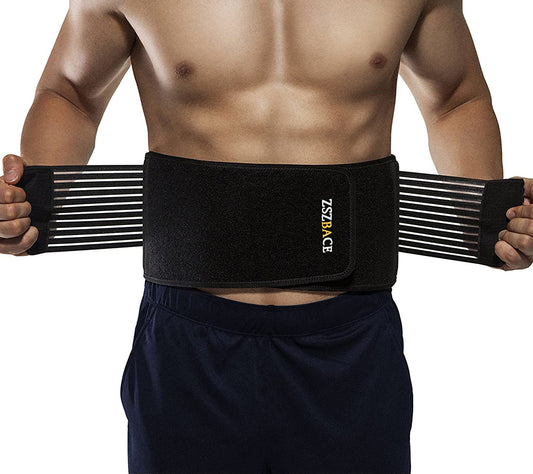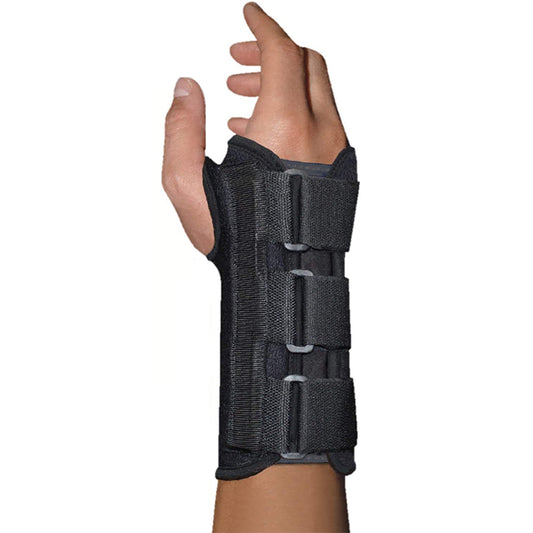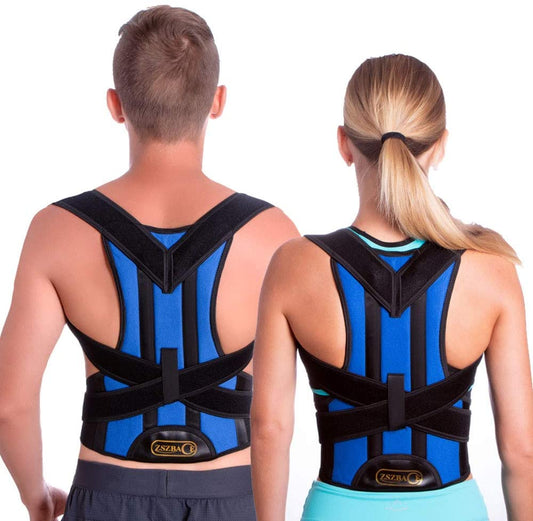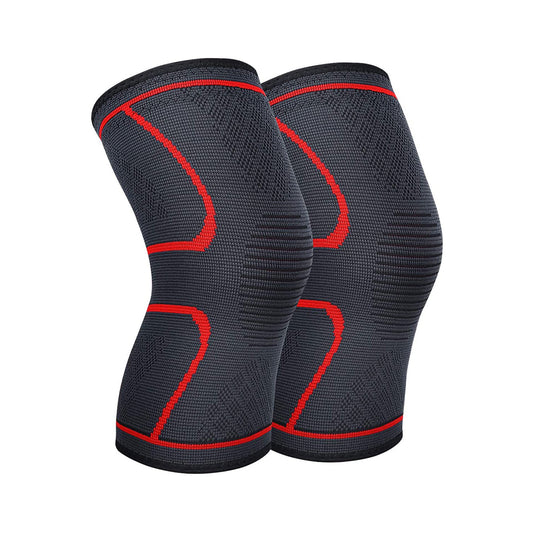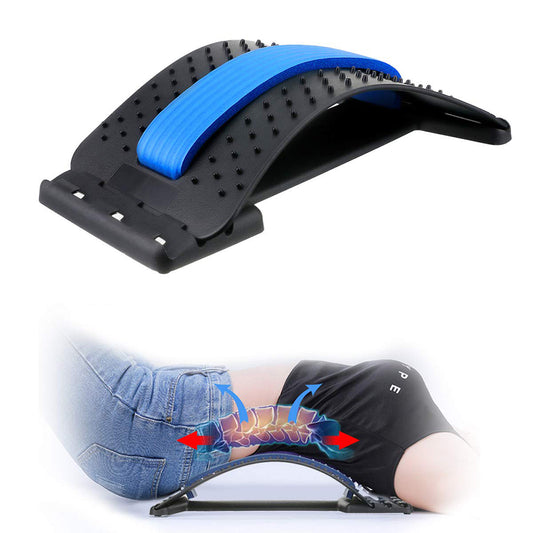
Do you need a belly support band?
Share

If you’re dealing with diastasis recti or pregnancy related back pain, you should consider wearing a pregnancy support band. Even for a normal, healthy pregnancy maternity compression can be beneficial. Made with soft, breathable fabric, the band has adjustable elastic straps on the sides so it can grow with your pregnancy. It sits underneath the growing abdomen to provide additional support to muscles and ligaments. Moms typically wear it for a few hours a day starting at 20 weeks.
Pregnancy alters your posture, your balance, and puts additional pressure on your joints and pelvic floor–all of which increases the workload on your muscles and ligaments. In addition, your body releases a hormone (relaxin) that relaxes and loosens your ligaments, making them stretchy and your joints less stable. More weight and looser connective tissue are not a great combination, right? That’s why a pregnancy support band can help. It works to stabilize your pelvis and improve your posture, which also helps to reduce pain.
During pregnancy, your center of gravity changes. Your growing baby pulls your abdomen forward and can compromise your posture by creating “lordosis of pregnancy,” which basically means there is increased curvature in the lower back. If you have diastasis recti, this condition can be even more exaggerated, due to the lack of function in the abdominal muscles.
Wearing a maternity compression belt helps you keep good posture while you’re at work or relaxing at home, which will help your baby settle into a good position for birth and sets you up for successful postpartum recovery. A pregnancy support band can also help maintain a healthy exercise schedule. Current recommendations are for pregnant women to do 30 minutes of moderate exercise most or all days of the week. This helps reduce risk for gestational hypertension and diabetes. But there is research that suggests that there are often barriers to regular exercise, particularly pain with movement. Because a pregnancy support belt can help reduce that discomfort by compressing and supporting the abdomen during exercise, it can boost mom’s ability to get up and get moving on a regular schedule.
There are a few considerations to keep in mind when wearing a maternity compression band:
- Check with your healthcare provider before starting a new routine of any kind, including wearing maternity compression. A support band may not be appropriate for women with blood pressure or circulatory issues.
- Only wear it for a couple hours at a time. The goal is not to replace the work your core muscles are doing, but rather to support the work they are already doing.
- Don’t wear the garment too tightly. It should not hurt or be difficult for you to breathe normally. Gentle support is what you’re aiming for!
- Don’t forget the importance of keeping good posture throughout the day.
- Check to see if maternity compression may be covered by your insurance provider.


